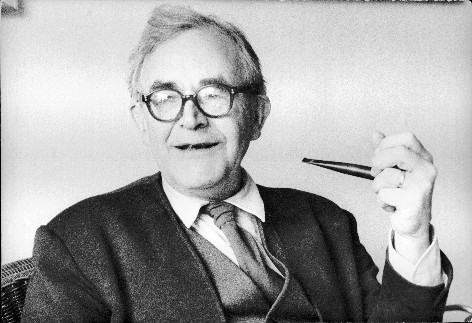 By his mid-forties Barth was beginning his Church Dogmatics, watching the dissolution of the ‘Dialectical Theology’ group and the rise of National Socialism in Germany. In the midst of it all, Busch (220) notes:
By his mid-forties Barth was beginning his Church Dogmatics, watching the dissolution of the ‘Dialectical Theology’ group and the rise of National Socialism in Germany. In the midst of it all, Busch (220) notes:
Nevertheless, despite everything he always found time to join in playing Mozart string quartets – ‘discreetly in the background as a viola player.’ At the same time he ‘began to see e.g. Goethe in a new light, to read numerous novels (including many excellent examples of more recent English detective stories), to become a bad, but passionate horseman, and so on.’ ‘I cannot remember having lived so purposefully and so enjoyably in the earlier decades of my life – although these were very hard years.’ Indeed, he believed that ‘during these years I became simultaneously both very much more a man of the church and very much more worldly.’